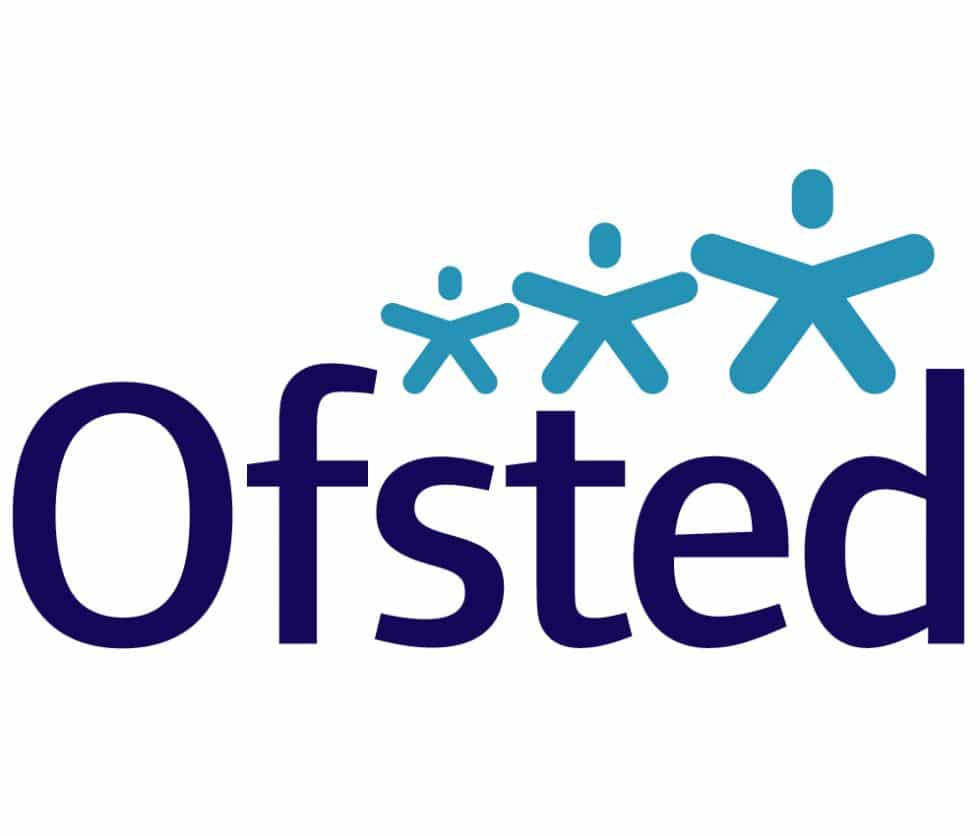
Developing Children’s Knowledge and Skills with Ofsted’s NEW Report
Ofsted has just published Report 2… …part of our series of subject-based curriculum research reviews. Do you remember the first one Best Start? This second…
September 29th 2021
One of the few benefits of COVID-19 was that we learned that we could manage big meetings using technology and there was less reason for people to complain about not being able to attend due to timing, venue or cost. Therefore, we have continued to host the Ofsted Big Conversation (#OBC) on Zoom. No excuse for those reluctant to establish their local OBC! Only a very foolish or arrogant sector would reject the opportunity to work closely with their regulator and have a line to participate in change and improvement even if it takes a long time and can feel like pulling teeth.
At this meeting we had two HMI guests, Penny Fisher who works in the Regional Team covering London and Wendy Ratcliff, who is in the Policy Team.
Wendy opened the meeting with a very comprehensive set of slides (attached). Her message was all about inspections; she pointed us to the new revised Ofsted information on EIF inspections that was published on the 22nd of July 2021.
She reaffirmed the EYFS statutory framework principles and reminded us that:
* Language features in all areas of learning
* There is a stronger focus is placed on children’s early communication
* More equal chances are promoted for all children
* Excessive workload is tackled
* More emphasis is placed on children’s health
The focus of the EIF takes all of these things into account. She confirmed that inspection is about the inspector finding out what it feels to be a child in the setting.
This is supported by the principles of:
* Unique child
* Positive relationships
* Enabling environment and teaching and support
* Importance of learning and development
Wendy also clarified that while DfE has there is a new refreshed Development Matters to Julian Grenier this is not statutory, and inspectors will not inspect against this. However, she warned that we should avoid using this document or similar ones as a tick list especially because it can narrow the curriculum and have the greatest negative effect on the most disadvantaged children. The inspector wants to see what you intend the children to learn and develop especially language and communication and how you have decided to implement the curriculum especially as Ofsted believes that teaching should not be seen as a top-down model.
We were inspected recently, and the Learning Walk was very significant in how the manager explained our pedagogical approach and how decisions were made about the experiences the children received. This was reassuring because some settings with specific pedagogies e.g. Montessori are worried about how Ofsted may interpret their approach. However, what is needed is that the manager and the team can confidently explain and demonstrate how they convert the approach into learning and teaching for the children.
Ofsted recognised the importance of us being ambitious for our children, extending and deepening their vocabulary and language skills to support their cognitive development. This is linked to cultural capital and giving children the experiences needed to strengthen their learning with particular emphasis on those with SEND or other disadvantages.
Effective assessment can reduce the chance of a child behind left behind, but it need not be a mountain of paperwork nor entail prolonged breaks from interactions. The change to the inspections addressed the problem of excessive documentation by giving more freedom to demonstrate the child’s progress. This means, staff need to know their children and notice how they are being, belonging and becoming and talk about them with energy enthusiasm and knowledge. Assessments must be meaningful and show children’s success in areas of learning.
Penny Fisher gave an update on London. She told us about the number of inspections completed since returning to EIF from May 2021. Pre-empting the questions about length of time between inspections, she noted that Ofsted had received permission from the Government to conduct inspections within a 6-year window. I know its long!
She gave a general view from inspections so far which reflect some of the changes to practise from COVID-19 such as staggering drop offs and pickups, increase in outdoor play, more hygiene incorporated into the daily routine especially hand washing and new ways to communicate with parents including virtual tours and using social media.
However, some children appear more anxious and some of their language is delayed so providers have adjusted their curriculum to better address those issues.
Where inspections are outstanding, it’s linked to skilful implementation of language at every level of the day through conversations, enriched storytelling and an emphasis on helping children build friendships and confidence. Where inspections haven’t gone well the findings suggest it was due to lack of staff training supporting skills, inadequate risk assessments and issues of safeguarding. As yet there was no data on the impact of the recruitment crisis or the post COVID-19 exhaustion.
Ofsted will report on this next month with facts and figures, so look out for that!
Words of Wisdom from Penny and Wendy
1. Read the handbook again and again
2. Pay attention to the new EIF and EYFS page on the website Ofsted EIF inspections and the EYFS
3. Make sure you know your children
4. Focus on the learning not the activities
5. Be prepared for questions such as why this and why now?
6. Urge your staff to show the inspector what it’s like to be a child in the setting do what you do every day, don’t put on anything for show. What they’re looking for is for the inspection to be your chance to shine.
Questions from the audience
Will RI inspections be no notice?
No settings will be given the usual half day notice. But Ofsted retains the right to conduct no notice inspections where there are concerns about the setting. Thanks Be!
Is there a plan to focus on reinspecting settings with an RI judgement?
Yes. They are part of the current priority group.
Will those settings waiting for a registration inspection now called a first inspection be covered within 30 months?
The plan is that they will, but Ofsted is now allowed to have up to six years in between inspections, so that could mean new settings are not inspected for a considerable time from registration. May need to watch the implication of this on quality and how processes and practice are embedded.
Will Ofsted require us to write down the curriculum progression plan? Can it be discussed verbally by either the manager or the key person with the inspector?
Ofsted does not require a written curriculum plan. The handbook makes this clear. Wendy confirmed that inspectors will discuss the curriculum plans and want to find out about what children are learning from staff. During these discussions, if somebody wants to refer to any paperwork, they use to support their answers that will be considered perfectly fine. It is an inspection is not a memory test!
How will Ofsted ensure inspectors remain objective and avoid their personal biases during inspections?
WR and PF both stated that the inspector’s handbook was important to this as it sets out what the inspectors are inspecting against and so the criteria is shared with the setting. Inspectors are trained and their inspections are moderated and quality assured. One aspect of this moderation is to clarify the role of the inspectors so they know what they can do and therefore avoid the risk of generating myths.
Now that we have a new Education Team, with Nadhim Zahawi as Secretary of State for Education, Will Quince as Childcare Minister and Robin Walker as Minister if Schools, will Ofsted be asking or any changes to the current regime?
Don’t know, The Chief Inspector has met the team but as yet no shared discussions.
Postscript
Jenny Barber was keen to attend the meeting but was doing training so I arranged a call. She raised three issues for Ofsted to consider:
1. Will Ofsted collect information and report about how inspectors judge settings with specific pedagogical approaches?
2. Will Ofsted examine and compare the inspections completed by freelance inspectors and the more experienced full-time inspectors ?
3. How will Ofsted inspectors take into account the impact of Covid on the wellbeing of the staff and the business ?
4. Will Ofsted report on the impact of the current recruitment issues on morale, wellbeing and quality?
Finally, she also called on every reader of this blog to share it with at least five colleagues from outside their setting so that they could become part of the OBC network and have a place to engage with Ofsted but also connect with those who attend the meeting.

Ofsted has just published Report 2… …part of our series of subject-based curriculum research reviews. Do you remember the first one Best Start? This second…

There is little doubt that the Recruitment and Retention issues facing the sector continue to cause concern and are impacting on the ability of more and more providers to meet…

How do you know a Zoom debate is lively? Well, read the chat. At this year’s 14th annual Margaret Horn debate the question explored asked if times of upheaval…